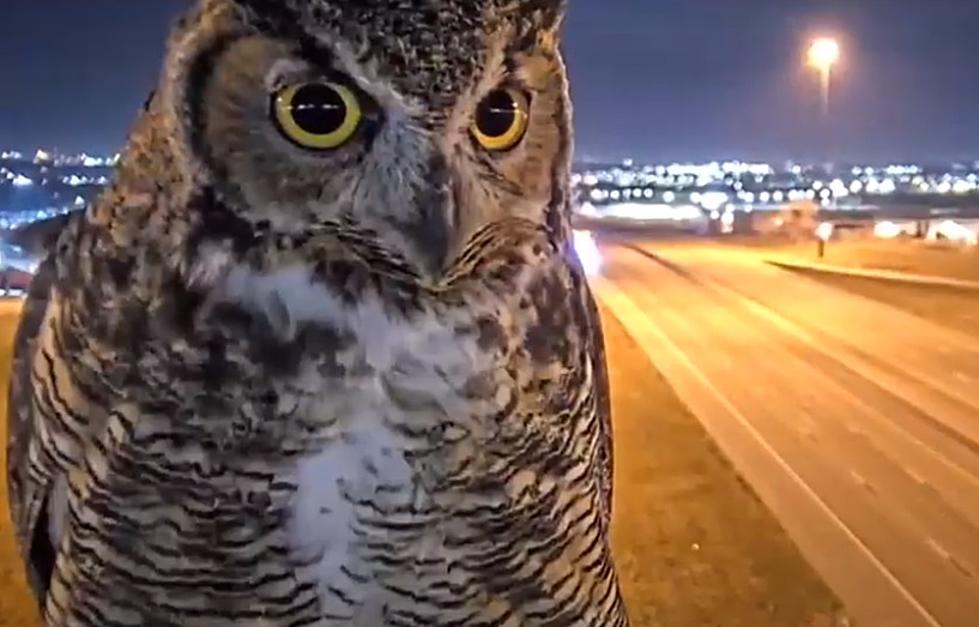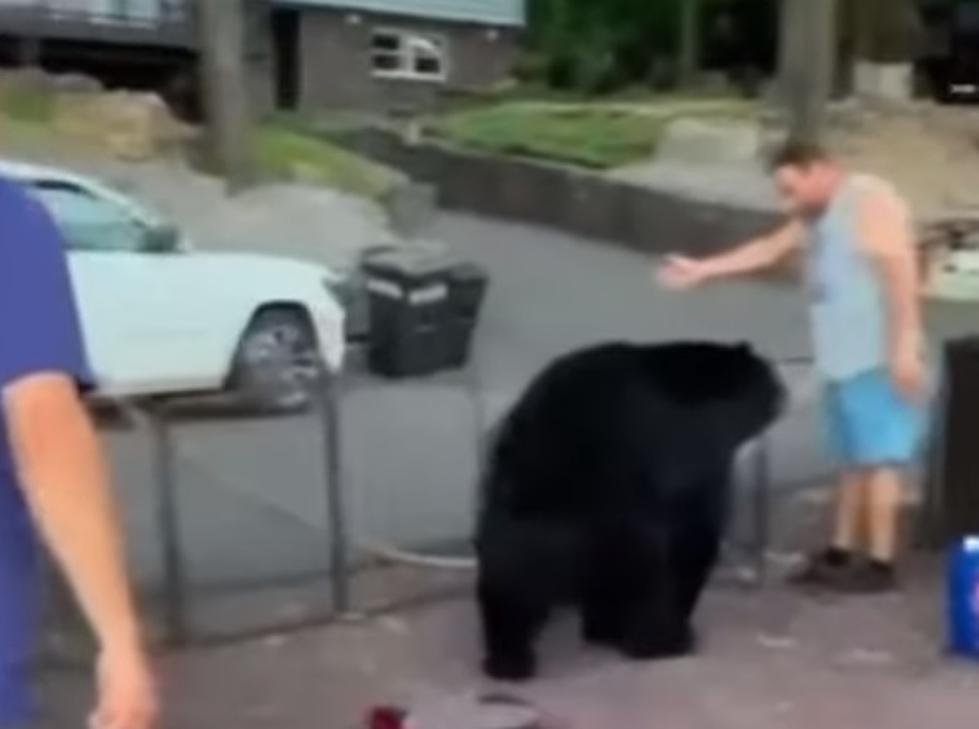
National Park Service Shares Hilarious, But Accurate ‘Bear Attack: Dos & Don’ts’ List
The average Wyomingite inherently knows to leave our wildlife alone, especially the larger, carnivorous animals like bears. Unfortunately, a lot of our countrymen (tourist to be more exact), don't share that same level of common sense.
Because of that, the official National Park Service Facebook recently posted a semi-comical, but still fact-based, list of bear attack dos and don'ts. The post stated:
If a bear clacks its teeth, sticks out its lips, huffs, woofs, or slaps the ground with its paws, it is warning you that you are too close and are making it nervous. The bear’s nervous? Heed this warning and slowly back away. What else should you do or not do if you come across a bear in Yellowstone?
🐻 Do not immediately drop to the ground and “play dead.” Bears can sense overacting.
🐻 Do not run, shout, or make sudden movements.
🐻 Do not run up and push the bear and do not push a slower friend down…even if you feel the friendship has run its course.
🐻 Running may trigger a chase response in the bear and you can't outrun a bear. Bears in Yellowstone chase down elk calves all the time. You do not want to look like a slow elk calf. (Apologies to the elk calf.)
🐻 Slowly putting distance between yourself and the bear may defuse the situation.
🐻 Draw your bear spray from the holster, remove the safety tab, and prepare to use it if the bear charges.
🐻 In most cases, climbing a tree is a poor decision. Bears can climb trees (especially if there is something up the tree that the bear wants). Also, when was the last time you climbed a tree?
🐻 Running to a tree or frantically climbing a tree may provoke a bear to chase you. If the friend you pushed down somehow made it up a tree and is now extending you a hand, there’s a good chance you’re not getting up that tree. Karma’s a bear.
Learn more bear safety tips at https://www.nps.gov/yell/learn/nature/bearreact.htm

While we often times scoff at posts of this nature, for a large amount of the country, this is a necessity. As matter of fact, of more tourist took the time to research information like this, there would be a lot less incidents at our national parks.
The post as already been shared more than 30,000 times and has over 3400 comments. Hopefully this will spread this invaluable information.
NEXT UP: 10 Absolute WORST Tourist Incidents at Yellowstone National Park
More From Wake Up Wyoming









